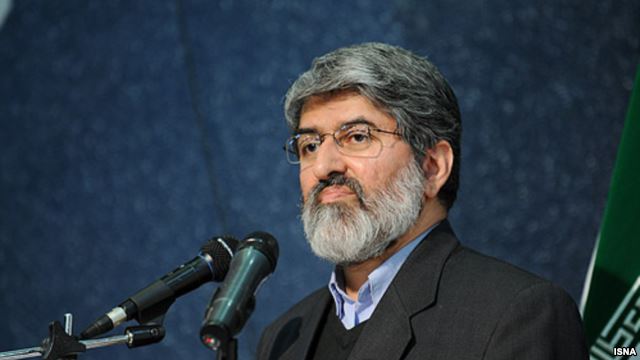News

On Sunday, April 9, outspoken Tehran politician Ali Motahari accused Iran’s state broadcaster, the Islamic Republic of Iran Broadcasting (IRIB), of being lawless. Speaking to parliament during a public meeting about a new bill that would change the way the IRIB was supervised, Motahari called for an immediate overhaul of the laws governing the broadcaster (see Iranian Labor News Agency report in Persian). He said the laws had not been reformed since 1989.
There are no private radio or TV stations in Iran; IRIB has a monopoly over broadcasting, and is not accountable to the government. The Supreme Leader appoints the head of the organization. Furthermore, the IRIB does not follow the policies set out by the Ministry of Culture and Islamic Guidance and often bans movies, musicians and artists who have already secured ministry-issued permits.
Motahari, who represents Tehran in parliament, referred to Article 175 of the constitution of the Islamic Republic, which states that the “freedom of expression and dissemination of thoughts in Radio and Television of the Islamic Republic of Iran must be guaranteed, in keeping with Islamic criteria and the best interests of the country. A council consisting of two representatives for the president, two for the head of the judiciary, and two for the Islamic Consultative Assembly shall supervise the functioning of this organization.”
He added that initially representatives of the three branches of government had selected the chief executive of the organization, but following a change in the constitution, this authority was transferred to the Supreme Leader.
“At present IRIB does not follow any laws,” said Motahari, dismissing the supervisory council as a formality.
“During two sessions of parliament, I was a member of the supervisory committee,” Motahari told parliament, “and I saw clearly that the supervision of the council has no effect. When the council criticizes the head of the organization, its complaints receive no response. A response only happens if the issue is taken up by the media.”
With this in mind, Motahari said, the laws needed immediate reform. He also appealed to parliament to give priority to the bill. The proposal was drawn up by the cultural committee, which he sits on.